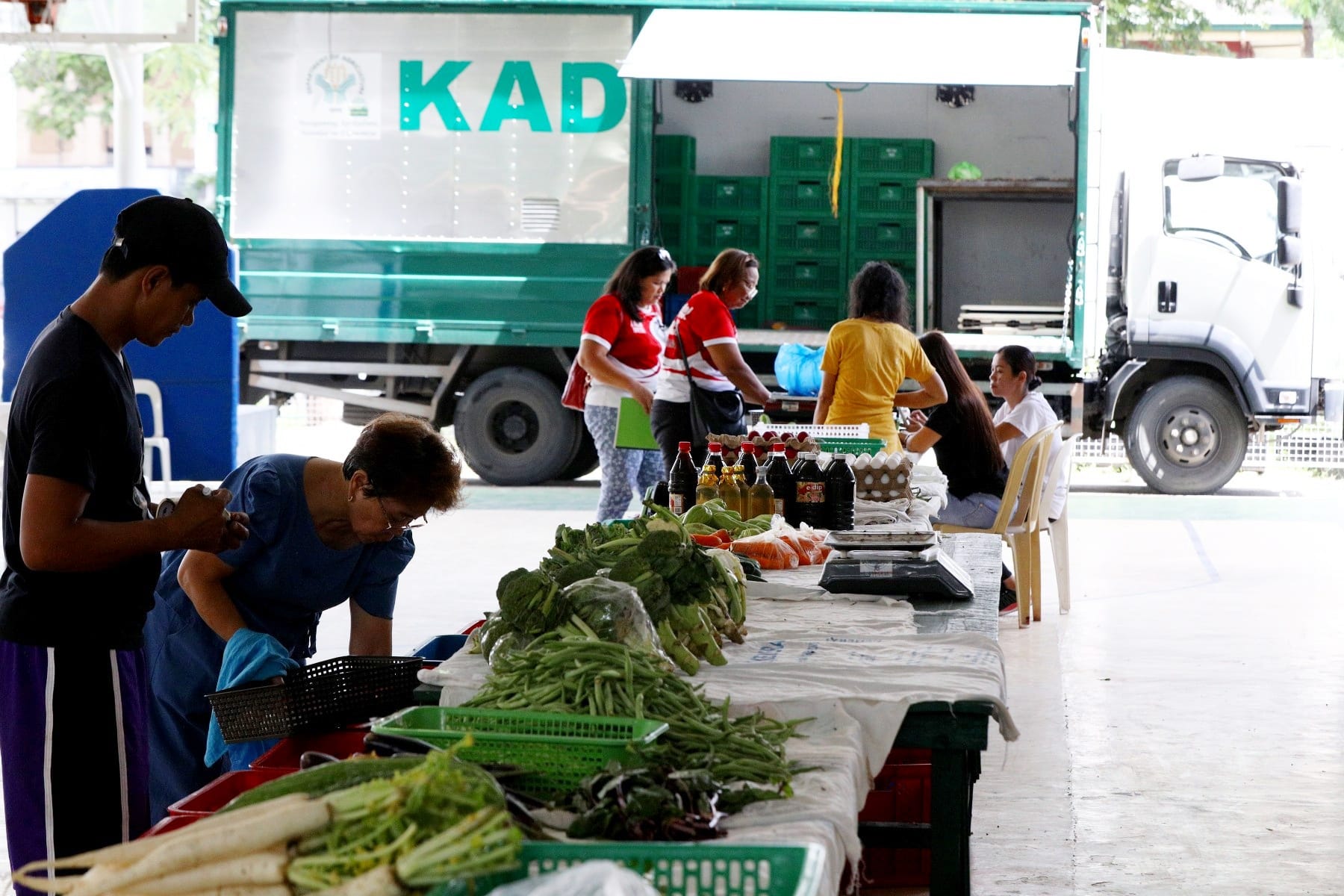
By Brian Jules Campued
The Philippine Statistics Authority (PSA) on Tuesday reported that the headline inflation in July settled at 4.4%, faster than the 3.7% in June but lower than the 4.7% recorded in July 2023.
In a press briefing, National Statistician and Usec. Claire Dennis Mapa said that the increase was primarily driven by higher inflation in both food and non-food items, with notable upticks in housing prices, utilities, fuel, meat, corn, and fruits.
According to the PSA, food inflation also rose to 6.7% in July 2024 from 6.5% in June 2024, which was attributed to higher inflation rates for meat (4.8% from 3.1%), corn (17.5% from 13.1%), fruits (8.4% from 5.6%), eggs and other dairy products (1.8% from 1.3%), and ready-made food products (6.0% from 5.9%).
Rice inflation slowed to 20.9% in July from 22.5% in the previous month—but was still the top contributor to the month’s inflation.
Mapa said the average price per kilo of regular milled rice in July went down to P50.90 from P51.10 per kilo in June. Well milled rice also decreased to P55.85 from P55.96, while special rice declined to P64.42 from P64.56.
The impact of the rice tariff cut and base effects will likely help further slow rice inflation in August, Mapa added.
Meanwhile, the Bangko Sentral ng Pilipinas (BSP) said the inflation will likely follow a downtrend starting in August 2024.
“Inaasahan ding maibsan ang inflation sa 2024 at 2025 dahil sa pagbaba ng taripa sa inaangkat na bigas sa ilalim ng Executive Order No. 62 (series of 2024),” the central bank said in a statement.
“Gayunpaman, maaari pa ring magpabilis ng inflation ang mataas na halaga ng pagkain maliban sa bigas, gayundin ang mas mataas na pamasahe at singil sa kuryente,” it added.
National Economic and Development Authority (NEDA) Sec. Arsenio Balisacan also assured the public that the government is implementing crucial interventions to support the most vulnerable sectors and ensure food security amid the impacts of the La Niña phenomenon and the higher inflation in July.
“The government is relentlessly working to address our nation’s most pressing concern of ensuring food security for every Filipino amid the faster rise in prices in July and the expected typhoons and rains due to the onset of La Niña this August,” Balisacan said in a statement.
One of the programs that the administration recently launched is the Rice-for-All Program which sells rice at P45 per kilo in selected KADIWA centers, with prices adjusted according to the fluctuations in rice prices.
The Department of Agriculture (DA) also assured the availability of the quick response fund, assistance, credit, and seed buffer stock. It has also expedited the declogging of farm drainage systems and the construction of water-impounding projects as well as post-harvest facilities.
The DA will also provide around P510 million in fuel subsidies to crop, livestock, and poultry farmers—with at least 160,000 farmers expected to benefit from P3,000 in fuel aid between August and September this year.
Balisacan also reiterated the government’s goal in sustaining the continued decrease of the country’s poverty incidence by “addressing the constraints to food security and economic development more broadly.”
“We emphasize that the country’s economic gains are intended to benefit all Filipinos. The government’s economic policies aim to alleviate poverty by ensuring that all Filipinos can afford their basic needs and achieve a decent standard of living toward a matatag, maginhawa, at panatag na buhay para sa lahat,” the NEDA chief said.
For Finance Sec. Ralph Recto, the latest inflation data is “likely a one-month uptick” due to high base effects.
“Pansamantala lamang ang pagtaas ng inflation rate nitong Hulyo dahil sa tinatawag nating base effect sa presyo ng bigas. Para masukat ang pagbilis o pagbagal ng pagtaas o pagbaba ng presyo ng mga bilihin, inihahambing po natin ito sa presyo ng mga bilihin noong Hulyo ng nakaraang taon kung saan hindi pa masyadong tumaas ang presyo ng bigas,” Recto said in a statement.
The Finance chief noted that as the government’s interventions take effect—particularly the reduced rice tariffs—the inflation rate is expected to be tamed and fall within the target of 2% to 4%.
“Although, we might see slight increases in vegetable prices due to damages brought by Typhoon Carina in the agriculture sector,” he added. – iro
